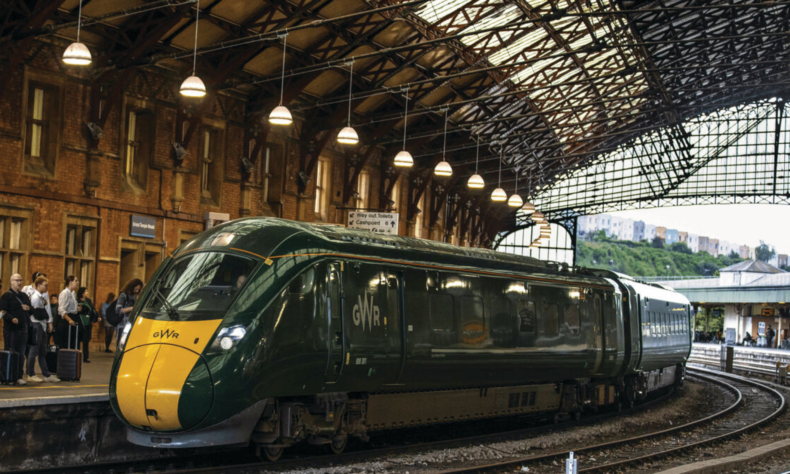The (WECA) continues to invest in sustainable transport, including plans to transform rail, e-scooter trials, e-cycles, and electric vehicle charging points.
Spearheaded by Regional Mayor Tim Bowles, for the first time the West of England has a 10-year rail plan, working with Network Rail and councils to build on the ambitious MetroWest programme. At its last meeting WECA agreed to invest £470,000 to progress work including:
- Enhancing stations with improved seating, shelters, cycle parking, CCTV and lighting alongside improving accessibility
- Extending MetroWest to the south
- Proposals for more connections east to west and north of Bristol in future timetables as well as the creation of a new Bristol to Oxford service
West of England, Tim Bowles, said:

The West of England now has a long-term regional rail improvement plan to put an end to decades of underinvestment in our infrastructure. By creating the sustainable transport we need, we are getting our region moving, cutting congestion, improving air quality and making our town and city centres great places where people want to live and work.
This is only possible thanks to the leadership of the West of England Combined Authority, working in partnership with Network Rail and our councils. This work sits alongside our significant investment in cycling, walking, e-scooters and bus routes, so that people have a practical alternative to using the car.
WECA also agreed to invest £3.3m in South Gloucestershire Council’s Yate A432 Park and Ride project. Plans include constructing a car park with the capacity for up to 195 vehicles including 20 electric vehicle charge points, a Car Club bay and car share bays. The scheme will also provide cycle parking including 10 secure individual bike lockers and secure cycle storage for up to 30 bicycles.
The Combined Authority has also put in a £248,000 bid for e-cycles to the Department for Transport. If successful, it would cover the purchase of e-bikes and adapted e-bikes as well as supporting activities such as training, loan schemes and the continuation of Wheels to Work. This would complement WECA’s commitment to invest in walking and cycling, alongside its regional e-scooter trial.
WECA is also about to carry out a transport decarbonisation study, which will set out options to be considered by the WECA Committee in late 2021. This will help clarify potential interventions to progress towards the region’s target to be carbon neutral by 2030. The study will look at opportunities such as faster delivery of a West of England region electric vehicle charging network.
